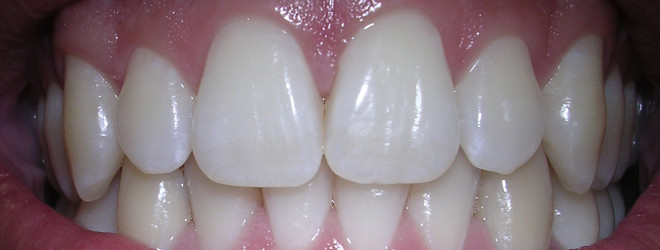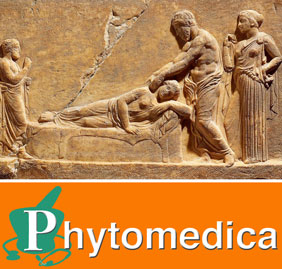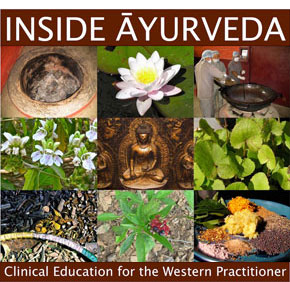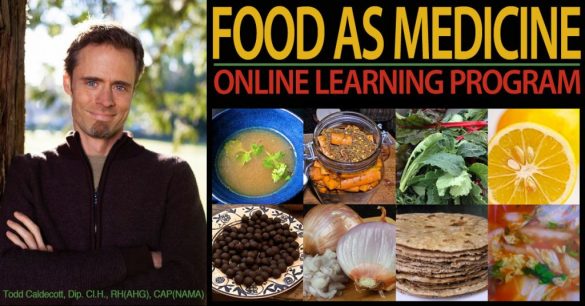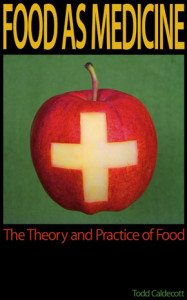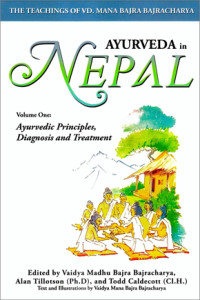A reader asks: What are your favourite herbs to support healthy teeth and gums?
I have a number of recommendations to promote healthy gums and teeth, and chief among these is to avoid eating sweet foods and drinks, attend to good digestion, and avoid stress, alcohol, smoking and coffee. The teeth and gums do well when there is a healthy oral ecology and the mouth is slightly alkaline from sufficient saliva production. So things like stress, which inhibits digestion, or substances like coffee, alcohol and smoking, which dry out the mouth and inhibit saliva production, are a definite no-no.
In Ayurveda we recommend cleaning the tongue with a tongue scraper every morning, followed by a procedure called gandusha, or oil-pulling, which is rinsing out your mouth with sesame or coconut oil. No need to do it more than 2-3 minutes at most… there is no additional benefit from doing it longer, as some people that have no training in Ayurveda sometimes claim. Following gandusha is the use of bitter and pungent tasting herbs to clean the mouth, including neem, pippala and karanj. In ancient times, this referred to the use of chewing sticks, but for a very long time now, people in India have been using herbal tooth powders called “dant manjan.” These are used by moistening the finger, dipping it into the powder, and using your finger to clean your teeth. You can find these Ayurvedic tooth powders at Indian grocery stores and also online. But you don’t necessarily need to use Indian herbs, and some of the formulations may taste a little strange to a Western palette. Here is a one herbal toothpowder I sometimes make when I am teaching herbal medicine that is more familiar in flavour:
- 4 p Bayberry bark
- 2 p Licorice root
- 1 p Cinnamon
- 1 p Clove
- 1 p Baking Soda
- 1 p Sea Salt
In addition to tongue scraping, gandusha, and tooth powders, I sometimes recommend a mouth rinse prepared with a similar assortment of bitter and pungent herbs including bayberry, echinacea, sage, myrrh, and toothache plant. Using such techniques, I have been able to help people overcome chronic tooth and gum problems when conventional dentistry could not.
Nonetheless, please make sure to visit your dentist regularly, even just to know what’s going on with your teeth – you don’t have to go for every procedure, but it is good to be informed so you know how vigilant to be. After childhood, we only get one set of teeth, so it’s wise to take good care of them. For problems like cavities, I recommend a relatively new, less invasive technique called Cari-Solv that preserves more of the tooth mass, and prevents micro-leakage between the filling and the tooth that can initiate new decay.
